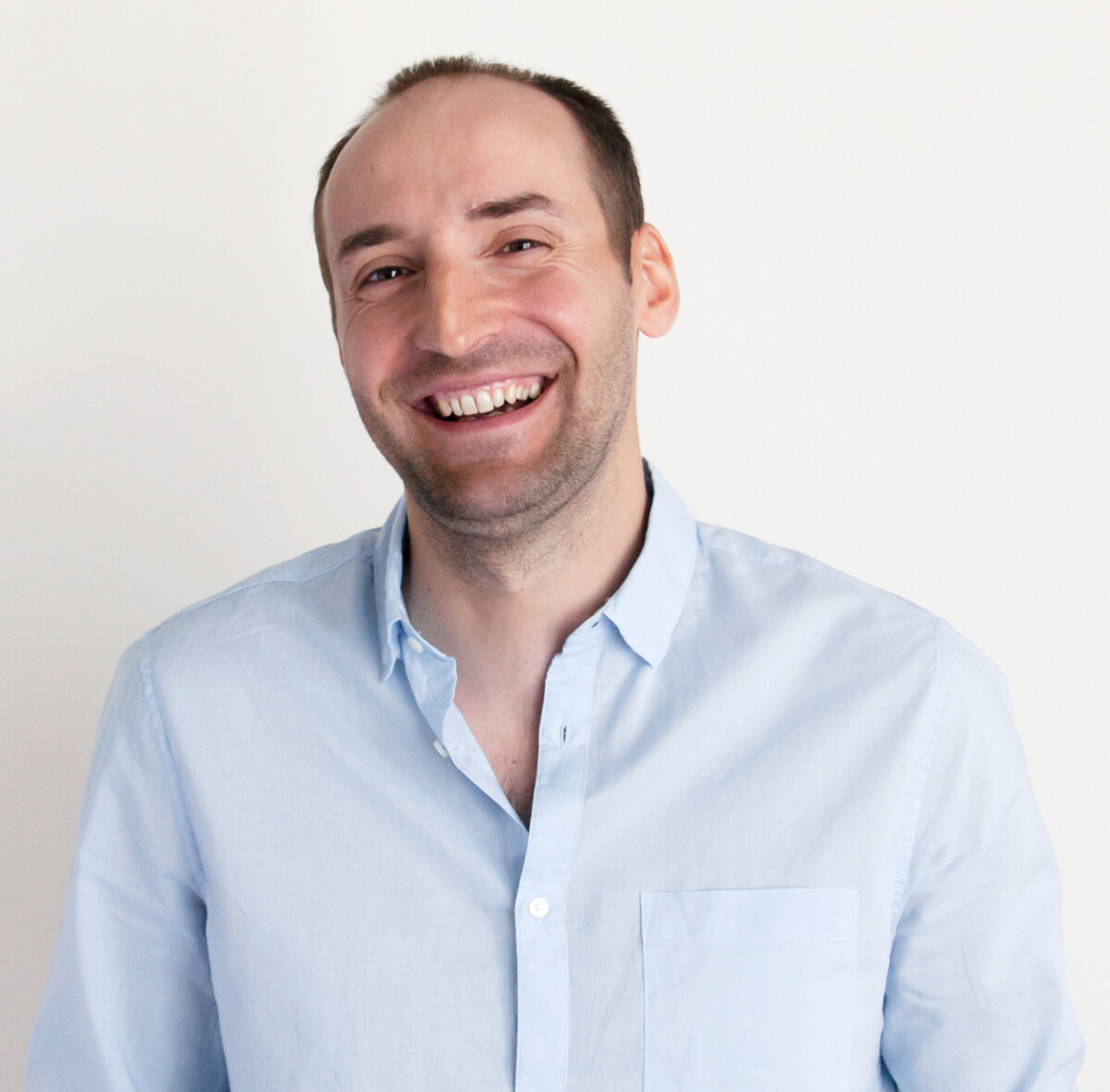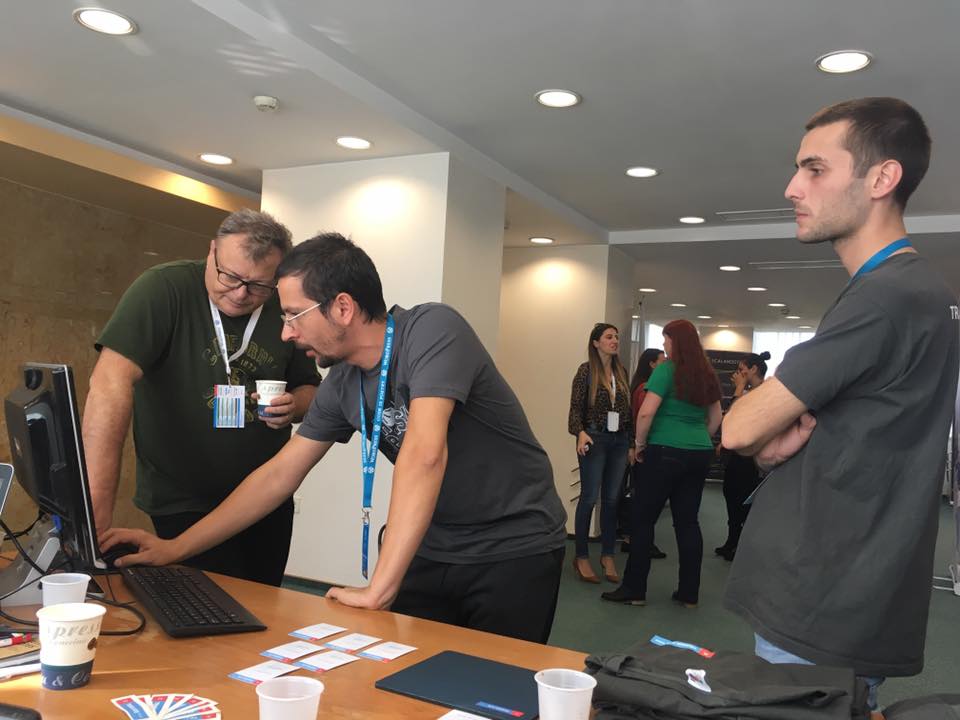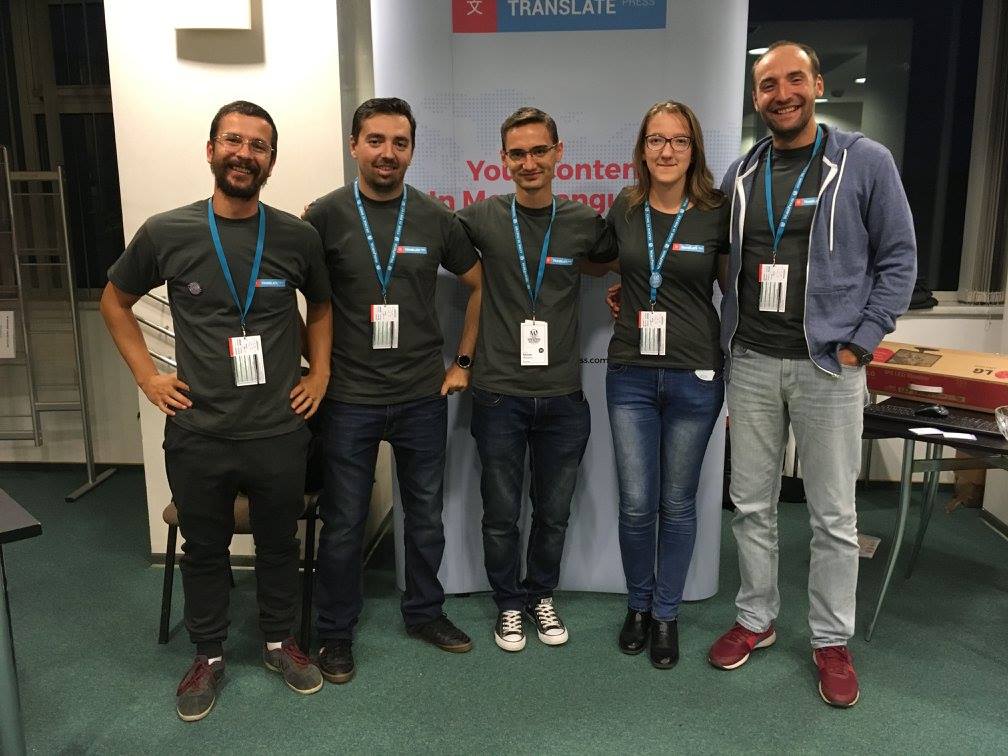
Ever dream of starting a business? So many of us do. But it’s not always clear how to start. We want to bring products or services to life, but we’re often hampered by the “how”.
Today, CEO and co-founder of Cozmoslabs Adrian Spiac shares with us what he did when he was stumped by that pesky “how” question: he just started.
Like many of us, Adrian knew he wanted to start a business. In college, he started by building custom websites, but it eventually led him to realize his love for building products—WordPress plugins, to be specific.
Now, Adrian and his team help over 70,000 website owners build memberships and communities with the help of their plugins, and over 300,000+ websites utilize their translation plugin, TranslatePress.
Allow me to introduce CEO and Co-Founder, Adrian Spiac…
—
I’m the CEO and co-founder of Cozmoslabs and TranslatePress, where we focus on building premium tools to extend, grow, and monetize your WordPress website.
Cozmoslabs is focused on helping businesses and creators set up memberships, courses, and community websites. Our popular WordPress subscription plugin and WordPress user registration plugin are used by over 70,000 website owners to grow their community and generate (recurring) revenue.
TranslatePress lets you reach more people by translating your website or store into multiple languages and converting more customers. It’s a visual WordPress translation plugin that anyone can use, powering over 300,000 active websites.

I’ve always been attracted to technology and have been pondering the idea of starting my own business. Online entrepreneurs were the type of people I looked up to. So I decided to start right after graduating from university since I figured I didn’t have anything to lose. No debt, no kids, no mortgage, it was the perfect timing to experiment with things and take small risks with a potentially huge upside.
I met one of my co-founders in university, and we started an online agency where we built custom websites. This was in 2009. That’s also when we discovered WordPress (which now powers over 43% of all websites) and decided to focus on it, and blogged regularly about the things we learned. Being part of this ecosystem early helped us launch our first product, back when there was less competition.
Our first product was Profile Builder, which helps websites create custom login and registration forms and set up beautiful user profiles.
It all started with a blog post we wrote about the limitations of the default WordPress registration system. It got a lot of traction and comments. Many people were complaining about the same thing. This was a real pain.
So we built an MVP and launched it as a free plugin. Then we worked on a paid version, grew an email list, and had beta testers sign up, and when we launched, we saw the first sales coming in from day one. It was an incredible feeling that got us hooked on building software products.

What happened with the agency and the services department?
At some point, as product sales grew, we found our company revenue split 50%-50% between services (custom development, consulting) and products. Since all of us were passionate about building products, we decided to drop services completely and focus solely on products. Looking back, this was probably one of the best decisions we ever took for our company and its people. We managed to make up for the lost services revenue in less than one year.
As we launched more products, we switched to a 4-day workweek schedule (Fridays off) while the company revenue continued to grow. The 4-day workweek has been part of our company culture for over nine years now, and it offers our team a great work-life balance. It also helps a lot with employee retention.
Listening to our audience and fixing problems that come up again and again by creating a product. If we can build something for which there’s a real need that saves time or money (ideally both) for our customers, then marketing and growing it will be much easier. Retaining customers is a matter of continuing to offer value over time. This is easier said than done and a challenge for every product business, but it leads to a great service for customers – which should always be the end goal.

The system we’re using now to run our businesses is based on the Traction book by Gino Wickman. It’s helping us scale and run a profitable, frustration-free business.
Other really great books that had an impact are:
We’re currently a team of 20+ people, fully bootstrapped, and looking to expand our product offering. We are always seeking talented and like-minded people, so if 4-day workweeks sound interesting, see our job openings.
Just start. Today. Anything that makes you tick.
Don’t hesitate to reach out on Twitter or LinkedIn. If you have a small WordPress plugin and are looking to find a new home for it, I would love to talk.
If you’d like to check out our products, head on over to https://cozmoslabs.com and https://translatepress.com.